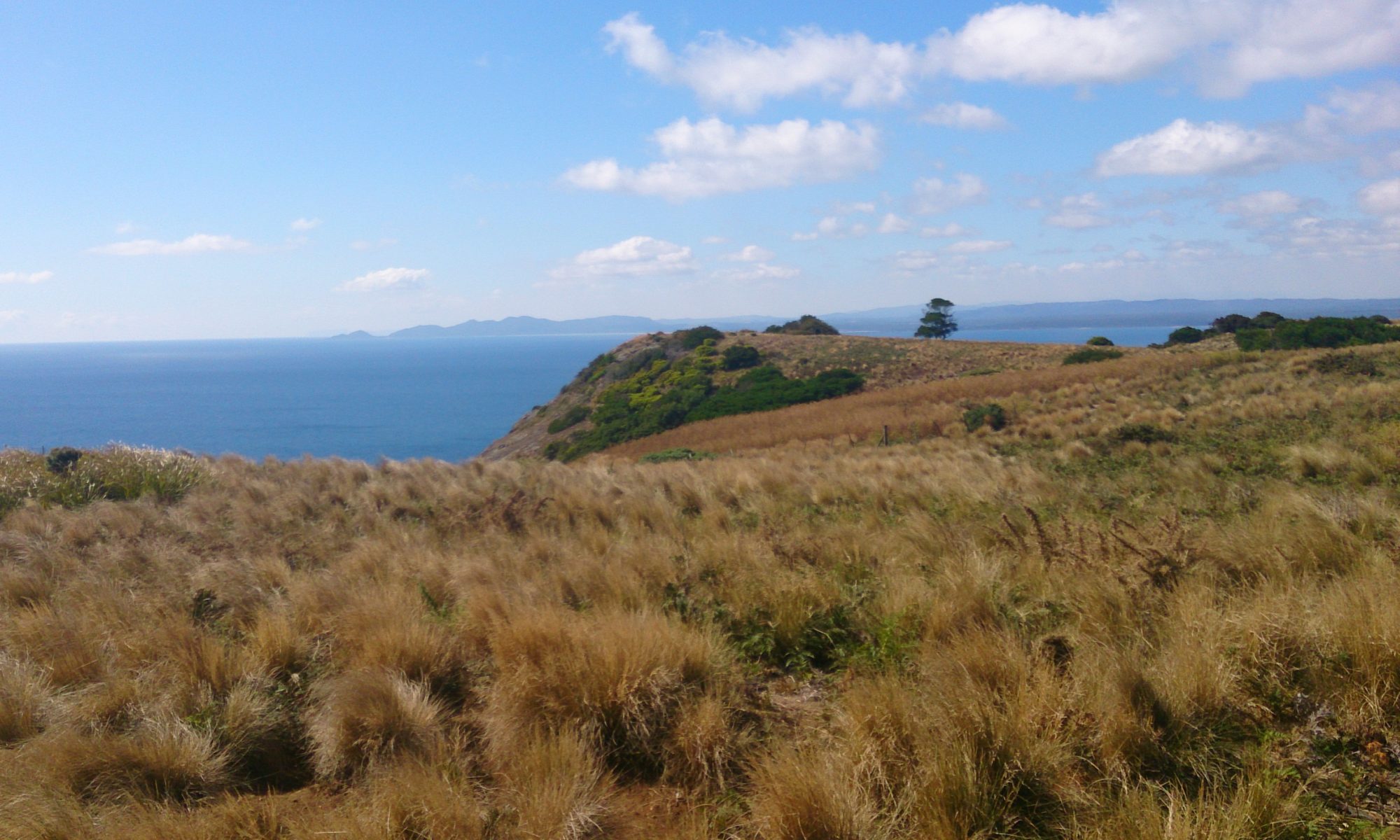
Bay of Fires was named by explorer Tobias Furneaux who sailed by in 1773 and saw the fires lit by the Aboriginal people. These promoted plant growth and kept mammals, an important food-source, close to the coast. The area continues to be an important place for the Tasmanian Aboriginal community. A large midden at one end of Jeanneret Beach has yielded many Aboriginal artifacts. Another sacred site in the area is larapuna (Eddystone Point), which is also a large midden. Respect these sacred sites by adhering to signage and fencing.

Today, the Bay of Fires is renowned for granite rocks covered with fiery orange lichen. It is also famous for its pure white sand and turquoise waters. Due to its unique flora and fauna, the Bay of Fires is a conservation area. You can access approximately half of the coast by car. It is much harder to access the northern half of Bay of Fires in Mount William National Park. You can walk through with local tourism companies or you can sail past like Furneaux. I saw the area from the water on a Bay of Fires Eco Tours cruise, which you can read about here.

The southern part of the Bay of Fires Conservation Area stretches from Binalong Bay through to The Gardens and contains several excellent campsites. You can camp here for up to four weeks at a time. Amenities are limited (drop toilets) and you will need to bring your own water but the location is sensational! If you have a motorhome, Swim Cart beach gives you an amazing view and excellent beach access for surf fishing (swimming is not advised). The most popular camping site is Cosy Corner. For more information about camping in the Bay of Fires, see the Parks and Wildlife website.

There are many holiday rentals in Binalong Bay or the area near The Gardens. I’ve found that renting directly from an owner (when possible) is a better experience. There are no general stores in the Bay of Fires area so pick up supplies in nearby St. Helens on your way in. You can purchase a coffee at Moresco Restaurant or the Bay of Fires Eco Tours at Titley’s Shack.

The beauty of the Bay of Fires is that it is largely uncommercialised. You can cruise the bay (read about my experience here) or do a four-day walking tour departing from Launceston. There is also a viewing platform and information boards at The Gardens. You’ll be swimming, kayaking, fishing, walking the pristine beaches, encountering the wildlife and just taking in one of the most picturesque places on the planet.
Getting There

Bay of Fires is about a three-hour drive from Launceston and a four-hour drive from Hobart. From Launceston or Hobart, take the Midlands Highway to Campbell Town then turn onto the Lake Leake road to the East Coast. Alternatively, drive northeast from Launceston to Scottsdale (via Lilydale or Myrtle Park). If driving from Hobart, you can follow the coast the entire way. Wherever you are travelling from, allow yourself additional time to explore the regions that you are passing through as there are some top-notch attractions along the way.
Cost

There is no cost for visiting the southern section of the Bay of Fires Conservation Area from Binalong Bay to The Gardens. If you choose to visit Mount William National Park, you need to have a Parks Pass. You can enjoy the Bay of Fires for a relatively low cost if you are camping or having a day at the beach. Enjoy the pristine waters and beautiful wildlife of the Bay of Fires!
Read about my other journeys on Tasmania’s stunning east coast here.










